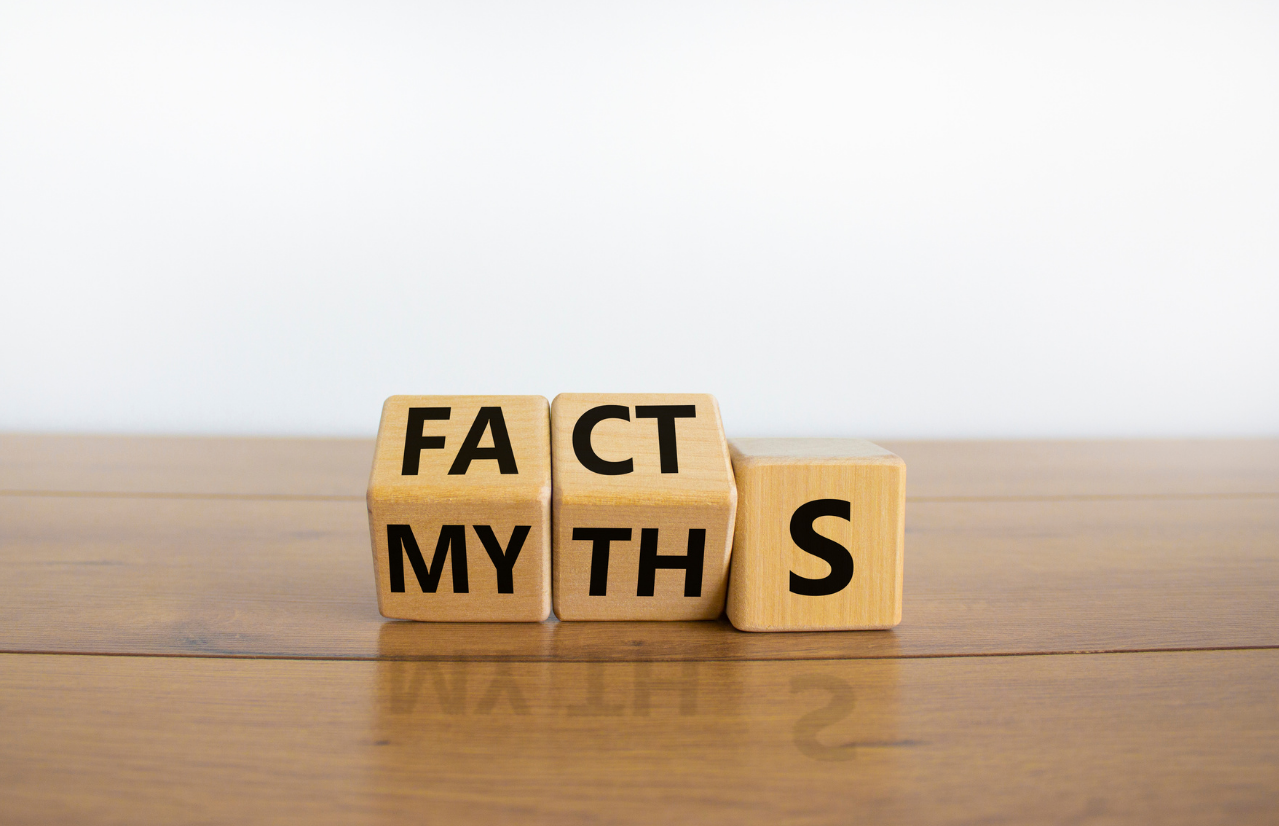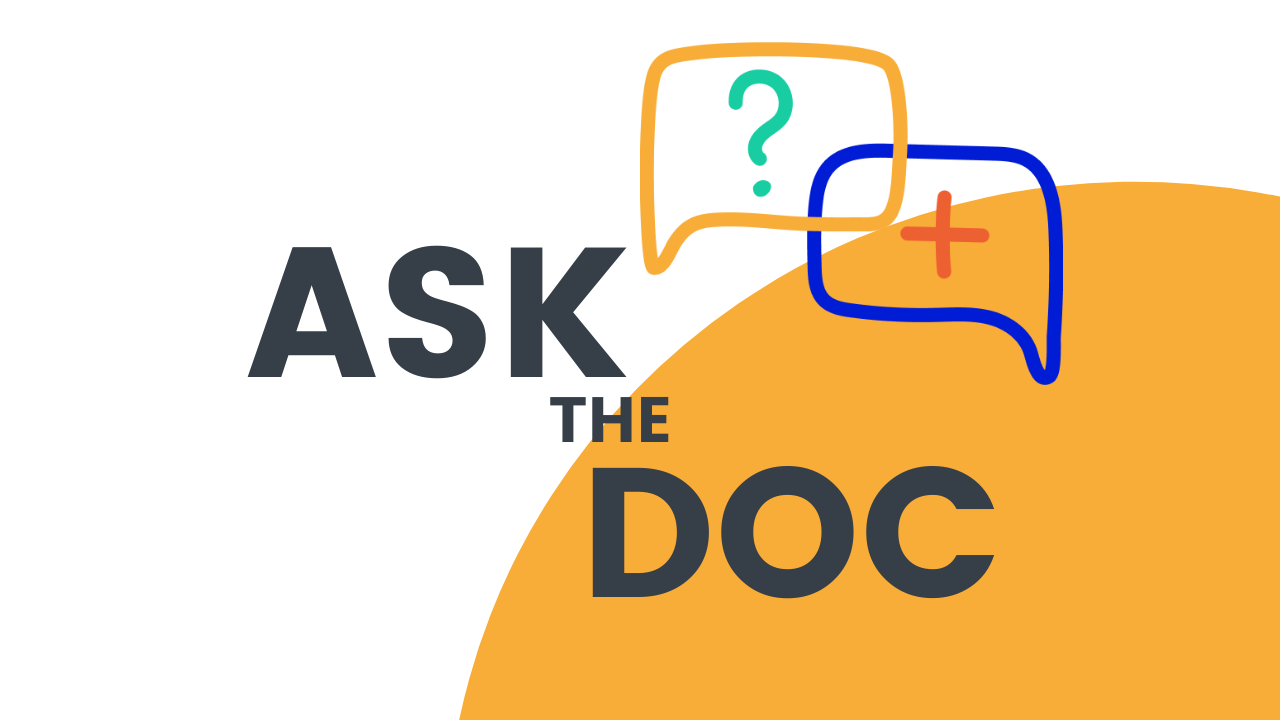Sadly, Covid-19 is currently the leading cause of death in the United Kingdom, killing more people each day than heart disease or cancer. To help ameliorate the effect of this life-threatening disease, scientists sequenced the genome of the virus and developed several promising vaccine candidates in a matter of days (1). Some people who have had Covid-19 may question whether they need to be vaccinated because their immune system has already mounted an immune response against the novel Coronavirus. Indeed, research has shown that most people who have contracted the novel coronavirus develop neutralizing antibodies that can render the virus harmless. So, is the vaccine still needed? Yes, immunologists say. In fact, vaccine experts suggested that people who have had Covid-19 should still be vaccinated once the vaccine becomes widely available. Keep reading to find out more.
Why is the vaccine important regardless of whether one has been infected with Covid-19?
One key thing to remember is that everyone’s immune system is different and therefore responds differently to the virus (3). So far, some cases of reinfection from the novel coronavirus have already been documented. This may be because people who have contracted the virus had a weak or waning immune response to the pathogen and their immune system did not mount a strong and lasting immunity against the virus. Considering this, there have been many speculations among scientists regarding the mutual need for a vaccine (4). One being that people who have had Covid-19 developed very high levels of neutralising antibodies and are likely in no need of a vaccine (5), whilst others developed undetectable levels of neutralising antibodies and therefore may need a vaccine to protect themselves and others (6). Furthermore, even if antibodies are detectable, the duration of conferred protection against Covid-19 is a matter of debate. Some experts suggest that about 90% of the population are likely to mount a durable immune response against the virus, protection which may last up to eight months (7). However, approximately 10% of the population is less likely to have a strong immune response against the virus (7). Importantly, it remains unclear as to which category people who have been infected with the coronavirus fall into (strong vs weak immunological response).
Although scientists are still discussing the vaccine’s efficacy and effectiveness, it is a commonly shared belief among the medical and scientific community mass that vaccination will enable a consistent level of protection against the virus through a lower infection rate (2) Therefore, the answer to the question “Do I still need to be vaccinated if I have already had Covid-19” is, yes!
But how will a vaccine prevent Covid-19 infections?
Briefly, a vaccine helps develop immunity to a virus or other germ. This is achieved by introducing a less harmful part of the pathogen into a person’s body. When this happens, the body’s immune system develops specific antibodies that fight that pathogen and keep the person from getting sick from it. This is how immunological memory is developed. Within our immune system, specific cells known as memory T and B cells recognise the hazardous pathogen and remember how to fight it if presented by it in the future (8). When it comes to Covid-19, this novel virus has spike proteins present on each viral particle. These spike proteins help the virus attach and gain entry to the cells causing the disease (9). The developed coronavirus vaccines are designed to help your immune system recognise these spike proteins to help fight the virus.
Are there still unknowns about the vaccine?
Now, we are playing in a land of unknowns. In fact, Covid-19 vaccines have not been proven to boost a person’s natural immune response to the virus following the first infection yet. But, in the meantime, scientists speculate that if you have had Covid-19, you should still get the vaccine once you have recovered from it and there are more available vaccines (7). The problem is that it is not known how long the vaccine protection will last. Notably, one of the risks could be that if not everyone gets vaccinated, there will be many people partially immune to the virus walking around giving rise to a new, vaccine-resistant strain. Therefore, it will be an advantage in terms of costs and safety to vaccinate as many people as possible in the first round so that the spreading of the virus is contained within the community (10).
The take-home message
The need for a vaccine to lower the spread of the virus should be a mutual need within a population. If we assume that most people get vaccinated, then whoever does not will still be protected without a vaccine. However, this thinking holds a predictable flaw: if everyone follows this thought, the vaccine will not be an effective strategy to implement to get immunity amongst the population. Remember that this pandemic took away the lives of many people and we are all in this together therefore we must think about other people and not only ourselves. All these precautions are important for protecting the health of the people around you. These are both, people you interact with within your community and the vulnerable ones in your community.
References
- Gates, B., 2020. Responding to Covid-19 — A Once-in-a-Century Pandemic?. New England Journal of Medicine, 382(18), pp.1677-1679.
- Polack, F., Thomas, S., Kitchin, N., Absalon, J., Gurtman, A., Lockhart, S., Perez, J., Pérez Marc, G., Moreira, E., Zerbini, C., Bailey, R., Swanson, K., Roychoudhury, S., Koury, K., Li, P., Kalina, W., Cooper, D., Frenck, R., Hammitt, L., Türeci, Ö., Nell, H., Schaefer, A., Ünal, S., Tresnan, D., Mather, S., Dormitzer, P., Şahin, U., Jansen, K. and Gruber, W., 2020. Safety and Efficacy of the BNT162b2 mRNA Covid-19 Vaccine. New England Journal of Medicine, 383(27), pp.2603-2615.
- García, L., 2020. Immune Response, Inflammation, and the Clinical Spectrum of COVID-19. Frontiers in Immunology, 11.
- Chesbrough, H., 2020. To recover faster from Covid-19, open up: Managerial implications from an open innovation perspective. Industrial Marketing Management, 88, pp.410-413.
- Nature.com. 2021. COVID Research Updates: Immune Cells Gone Wild Are Tied To COVID Lung Damage. [online] Available at: <https://www.nature.com/articles/d41586-020-00502-w> [Accessed 12 January 2021].
- Nature.com. 2021. Why Decoding The Immune Response To COVID Matters For Vaccines. [online] Available at: <https://www.nature.com/articles/d41586-020-02943-9> [Accessed 12 January 2021].
- Advisory.com. 2021. If You've Had Covid-19, Do You Still Need A Vaccine? Here's What The Experts Say.. [online] Available at: <https://www.advisory.com/en/daily-briefing/2021/01/06/vaccine> [Accessed 12 January 2021].
- Writers, S., 2021. How Vaccines Work | Publichealth.Org. [online] PublicHealth.org. Available at: <https://www.publichealth.org/public-awareness/understanding-vaccines/vaccines-work/#:~:text=A%20vaccine%20works%20by%20training,on%20all%20viruses%20and%20bacteria.> [Accessed 12 January 2021].
- Shereen, M., Khan, S., Kazmi, A., Bashir, N., and Siddique, R., 2020. COVID-19 infection: Origin, transmission, and characteristics of human coronaviruses. Journal of Advanced Research, 24, pp.91-98.
- Peter Attia. 2021. Britain’S COVID-19 Vaccine Gamble; The Upside Of Quitting - Peter Attia. [online] Available at: <https://peterattiamd.com/britains-covid-19-vaccine-gamble-the-upside-of-quitting/> [Accessed 12 January 2021].





Share:
Diabetes as a common comorbidity of Covid-19 infection
Blood type and Covid-19 infection: is there a link?